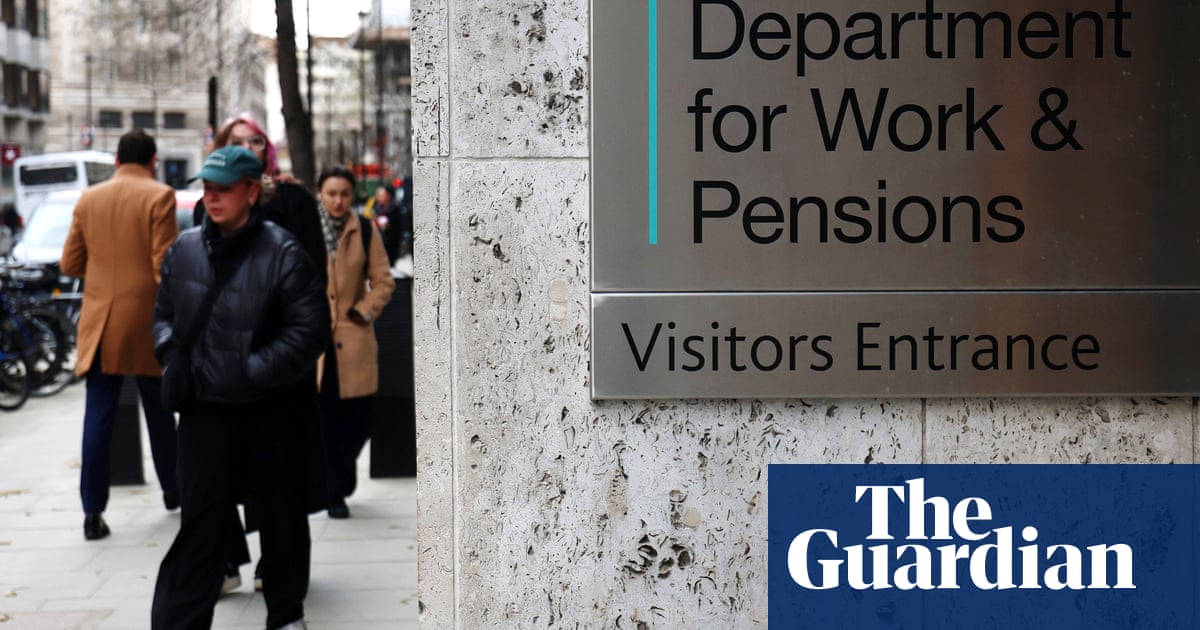Keir Starmer is facing a rebellion over his plan to use direct deductions from people’s bank accounts and the cancellation of driving licences as part of a government crackdown on welfare fraud and over-claiming.
In an attempt to claw back the annual £9.7bn in benefit overpayments made by the Department for Work and Pensions due to fraud or error, the government has adopted Conservative plans for debt recovery.
A fraud, error and recovery bill would give the DWP the power to require banks to provide data to help identify when an applicant is not meeting the eligibility criteria for a benefit for which they have applied.
The bill would allow the government to demand bank statements to identify debtors who have sufficient funds to repay what they owe through fraud or error in a claim. The DWP would then have the power to recover money directly from bank accounts of those not on benefits or in PAYE employment who are identified as having the means to pay.
Those who repeatedly fail to repay funds could fall prey to a suspended DWP disqualification order that would disqualify them from holding a driving licence.
Liz Kendall, the secretary of state for work and pensions, has said the powers are necessary to deal with a “broken welfare system” but she is facing opposition from her own backbenches.
Amendments tabled by the Labour MP for Poole, Neil Duncan-Jordan, that would force the government to drop key strands of the bill are supported by a growing number of MPs in Starmer’s party.
The amendments, backed by 17 named Labour MPs, would ensure that only those suspected of fraud rather than being the victim of an error were subjected to surveillance, “allowing the government to target criminality without monitoring the public”, Duncan-Jordan said.
The Labour MP is also proposing to remove the power to apply to a court to strip people of their driving licences due to debt, describing the policy as a “poverty penalty”.
Writing in the Guardian, Duncan-Jordan, who was elected for the first time in 2024, accused Starmer’s government of “resurrecting Tory proposals for mass spying on people who receive state support”.
He writes that the legislation “would compel banks to carry out financial surveillance of welfare recipients”, adding that “given the volume of accounts involved, this will be completed by an algorithm”.
“If the software flags a possible overpayment, whether due to fraud or error, the bank will report the individual to the Department for Work and Pensions for further investigation”, Duncan-Jordan writes. “By default, welfare recipients would be treated as suspects, simply because they need support from the state.”
He adds that the government should learn from the Post Office scandal in which a faulty computer system led to hundreds of people being falsely accused of fraud and error.
He writes: “The risk of aHorizon-style scandalon a massive scaleis glaringly obviouswhen millions are being monitored. It will be disabled people, carers, pensioners and the very poorest people who are impacted by wrongful investigations and forced to endure burdensome appeals to prove their innocence.”
Sign up toFirst Edition
Our morning email breaks down the key stories of the day, telling you what’s happening and why it matters
after newsletter promotion
Kendall has said the use of “direct deduction orders” allowing the recovery of funds from claimants could save the taxpayer £500m a year once fully rolled out.
In the 2023-24 financial year, theDWP estimatesthat benefit overpayments due to fraud or error by claimants totalled £9.7bn.
But the banking industry has raised concerns that it will be forced to hand over account information of claimants in cases where there are indications they may have been paid benefits incorrectly.
The legislation is seen to potentially clash with the obligations of banks under a Financial Conduct Authority consumer duty to protect customers who are vulnerable due to their financial situation.
Last week, theGuardian revealedthat the regulatory policy committee, a government watchdog, had raised concerns that ministers had understated the impact on the poorest of its plans to directly deduct benefit overpayments from people’s bank accounts.
The DWP has been contacted for comment.
